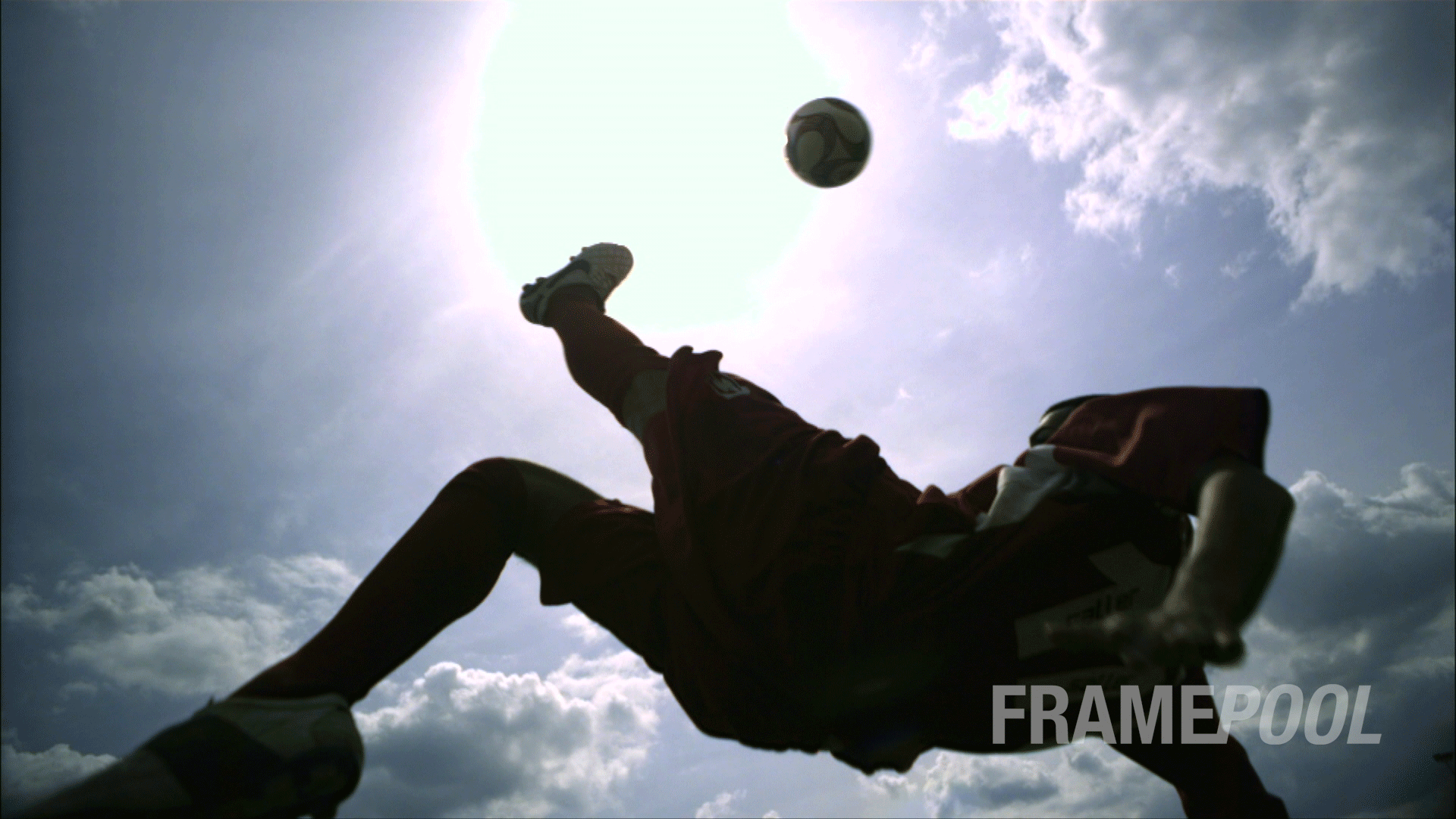Framepool at Fifteen
/"As filmmakers, we always found it really frustrating that finding good footage was so hard. That was how we came up with the idea, back in 2001,” CEO Stephan Bleek recalls, “of making work easier for ourselves and our colleagues by setting up an Internet portal to bring people together – the people looking for absolutely excellent film material and the people who have precisely that to offer.” Framepool began work on a visionary database that would draw on the most modern digital technologies to make finding and licensing footage easier and more creative.
Today, 15 years later, Framepool is the largest footage agency in Europe. Its inspiring archive is packed with exciting current, historical and futuristic video and film footage. Simple or opulent, serious or humorous, scientific or creative – they have it all. The ability to license individual still images from every shot (one still per frame) is unique and valuable in the context of the increasing significance of cross-media projects.
“Often five to ten times more material is shot during the making of a film than is ultimately used in the final project. The leftover material is often of excellent quality, and we archive it in our database”, Stephan Bleek explains. Finding stock footage is easy, as shot lists organized by topic can be created for free in the Framepool webshop and a comprehensive research service is available. Customers can directly license the material they require online. Framepool’s customers are filmmakers in the fullest sense of the word: feature film producers, documentary makers, advertising agencies, TV broadcasters, producers of corporate image films, event promoters, and institutions like museums. Stephan Bleek remarks that Framepool stock footage was used "in the most recent James Bond film, for example” and that “our material can be found in television documentaries, award-winning advertising spots and everywhere video is used.”
In addition to 20 employees in Munich, the company also has teams in Paris, London, Zaragoza, New York and Los Angeles as well as distribution partners in all key world markets. The founders are, however, quick to emphasize that Framepool still has a close-knit small-company culture. In the words of Stephan Bleek: “We communicate directly and personally. We process all our material by hand – and our keywording is also performed by people, not by machines that cannot pick up on the emotions images convey. This allows us to offer qualitatively excellent footage that can be found through optimal keywording.” Professional documentalists working in six languages categorise images on the basis of the associations they evoke as well as by their content – and a seventh language will soon be added. The in-house Rights Clearance Department takes care of securing rights of use and third-party rights around the world and for all uses and purposes.
Stephan Bleek has a doctorate in history and curates a special category of historical videos that includes collections occupying a prominent place in film history: the videos of American cinematographer Shirley Clarke, German “Heimatfilms” from the 50s, and rare footage of Adolf Hitler’s personal life shot by Eva Braun. Framepool also has the largest available selection of Unesco World Heritage videos.
“We also have an excellent international network and connections to all the major archives. That means we can get hold of practically any material we don’t already have in our digital library”, Stephan Bleek adds.
“Exclusiveness, legal certainty, customer service, quality and fairness towards our customers and licensors are all top priorities for us at Framepool,” Stephan Bleek stresses. And of course the archive is still forging ahead with new plans even after 15 years: “We want to expand within our industry by also supplying photographs, for example shots taken on set during the making of films. Many of our film suppliers also have very exciting photo collections which we will soon be able to offer to our customers as an additional service.”

